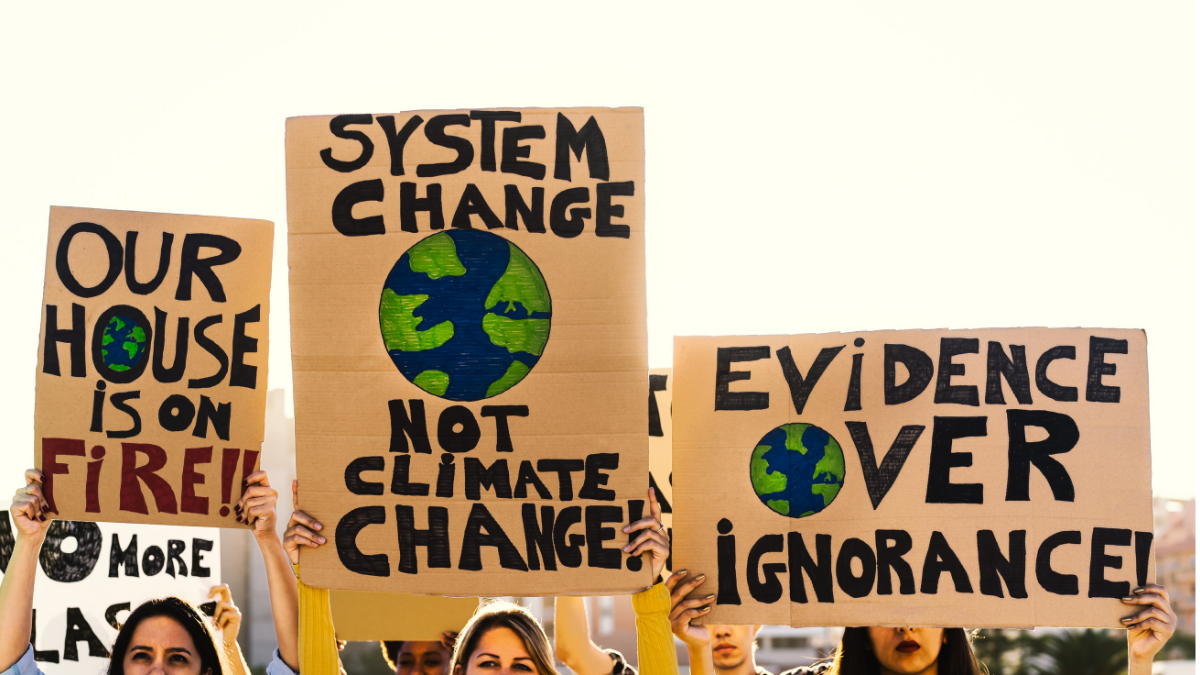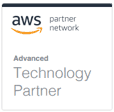Frequently, moments of transformation in business, mirroring life itself, emerge unexpectedly. While not every aspect can be meticulously planned, the recent global pandemic has amplified the existing urge for change among companies. It compels a choice to be made: A) Adapt and progress, evolving as an organization, or B) Persist on the current trajectory and risk lagging behind as the business landscape evolves without your input.
This decisive message must be conveyed and comprehended. Numerous strategies can be undertaken to align with these shifts, ensuring survival in an ever-changing world. The pandemic has paradoxically offered businesses an opening to pivot, an opportunity that must not be squandered.
Recognizing the departure from routine, especially during crises, is crucial. This informs stakeholders and communities about the shifts, thereby alleviating the uncertainty felt by clients. Transparency is key in the first proactive step—clearly explaining the circumstances and expected outcomes. This becomes particularly challenging without an efficient system capable of keeping pace with dynamic events.
Adaptability is imperative. Businesses not equipped for this should consider opportunities for revisiting grant goals, timelines, and terms. This might involve expediting payments, extending deadlines, and enabling automatic extensions for grant reporting. Swift adaptability, facilitated by digital platforms, is proving invaluable for those organizations that have embraced change.
Staying competitive or falling behind as others surge ahead
Sentimentality finds no place in a relentlessly competitive business realm. Amidst enforced transformations, the path forward has never been clearer.
Transitioning encompasses digitizing paper records through digital tools, altering procurement methods, and swiftly adjusting budgets. Non-profit organizations can continue delivering aid and change to those in need. Effecting change is of paramount importance in an era of disrupted routines, where individuals from students to professionals work from home, often within the same space.
Businesses that have already embraced change witness increased revenue-generating initiatives, catering to pressing needs in vulnerable communities and supporting frontline efforts. While traditional conferences and seminars have halted, many institutions are adapting to alternative approaches. Urgency is vital; a substitute must fill the void promptly. Non-profits prepared for this transition now hold a distinct advantage in shaping the future.
Facilitating access to information and facts for easy sharing
Transparency demonstrates empathy and understanding, addressing concerns of grantee partners. Maintaining concise, up-to-date communication signals commitment.
Organizations prepared for this phase can devise strategies to minimize financial losses from canceled events. They might retain fees as donations—a foresight lacking in non-digitized entities.
Loss of revenue aside, these organizations also risk losing their message and members’ trust. In the face of event upheaval, preparedness is invaluable, affording room for maneuvering.
Flexible messaging and direct engagement
Flexibility transforms grant management platforms into direct conduits. Ideas can flow directly from foundation leadership, responding to grantee queries. Given the ever-evolving nature of COVID-19 responses, addressing concerns promptly is critical.
Once mere standard emails, these suggestions are now enhanced with personal comments from organizers and management, showcasing the foundation’s robust response. Community engagement underscores the significance of navigating the era of social distancing.
Adaptable grant application, deadlines, and funds distribution or letters?
The message remains clear, but its swiftness is paramount. Time-saving sharing is indispensable, requiring flexibility for effective, updated communication.
Grantmaking aligns company practices with values, avoiding sacrifices. This alleviates pressure on grantees, ensuring an efficient, responsible approach to necessary changes.
This transformation enables data-driven performance analysis, focusing on areas demanding attention and optimizing efficiency, freeing employees for higher-level tasks.
In addition to easing restrictions, timelines, and reporting burdens, payment schedules, grant agreements, and reports can be reimagined.
Streamlining effort to navigate uncertain times
Non-profit organizations must capitalize on online avenues, focusing on grant progression. Sharing information, technology advancements, and partnerships amplify progress.
Foundations specializing in health, education, and targeted areas now possess abundant resources. They incorporate COVID-19 updates into their messages.
Transitioning to paperless meetings aligns with environmental protection and innovation, bolstering efficiency and value for money.
History demonstrates non-profits’ adaptability, as seen in the 2008 financial crisis. Survival hinges on embracing opportunities, preparing for crises, and ensuring ethical support for communities in need.
While not every foundation holds the answers, creating space for stakeholder input is prudent. Inclusivity fosters effective responses.
Encouraging community participation is crucial; Submit is committed to this.
In an uncertain era, sustainability and funding transparency are vital. Commitment to present and future grants, accompanied by unwavering support, is the sole path forward.









